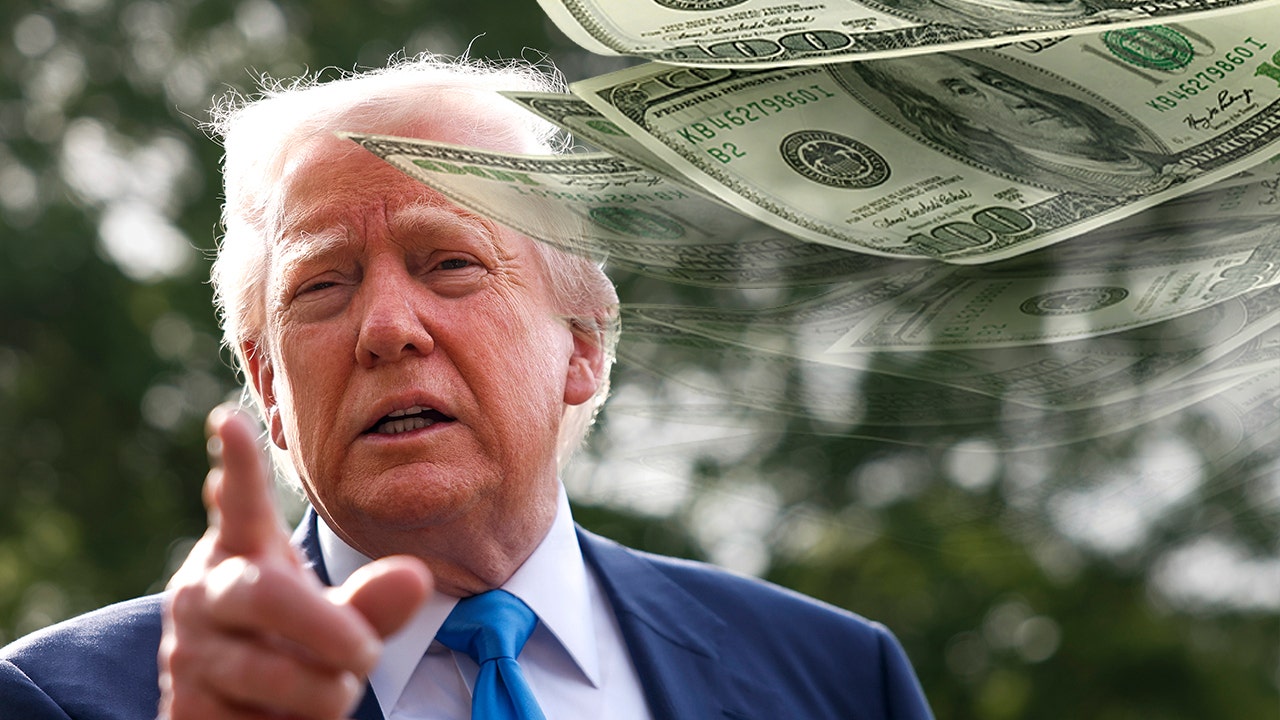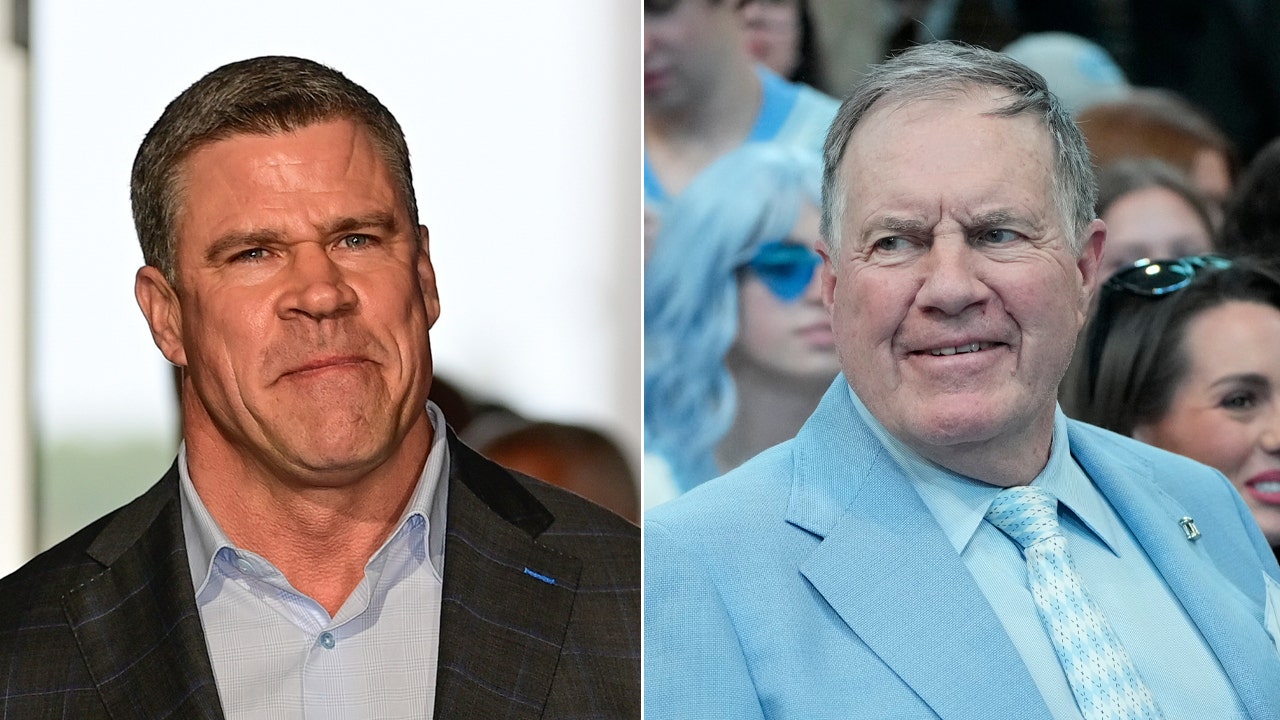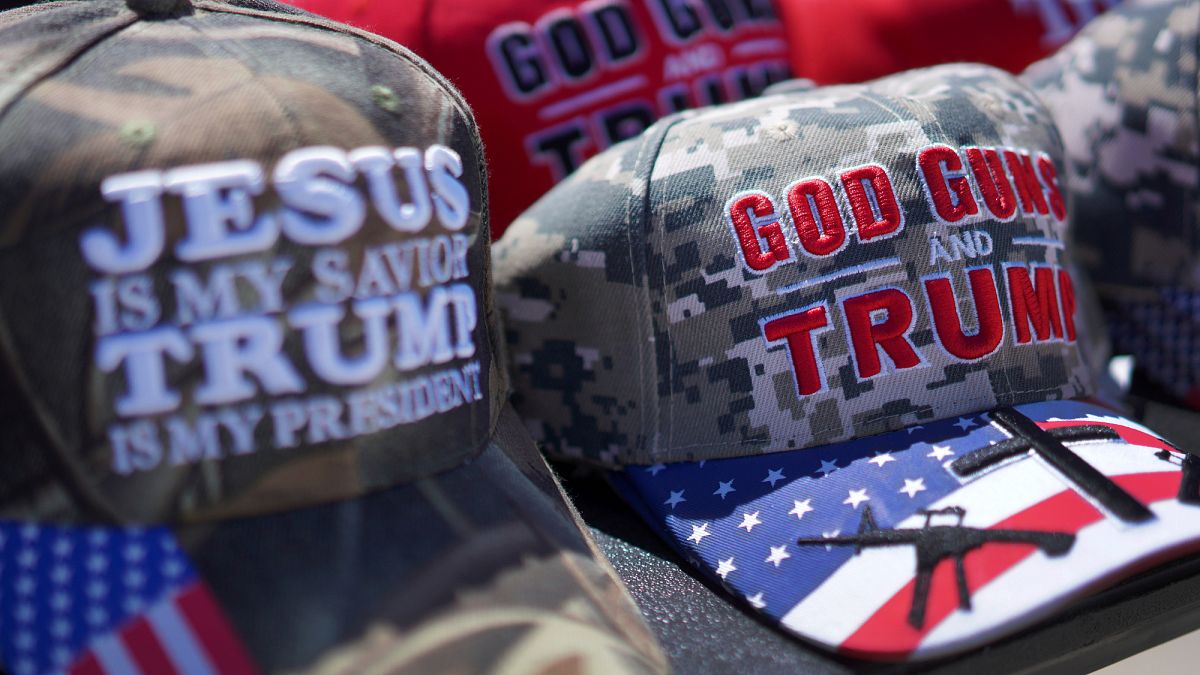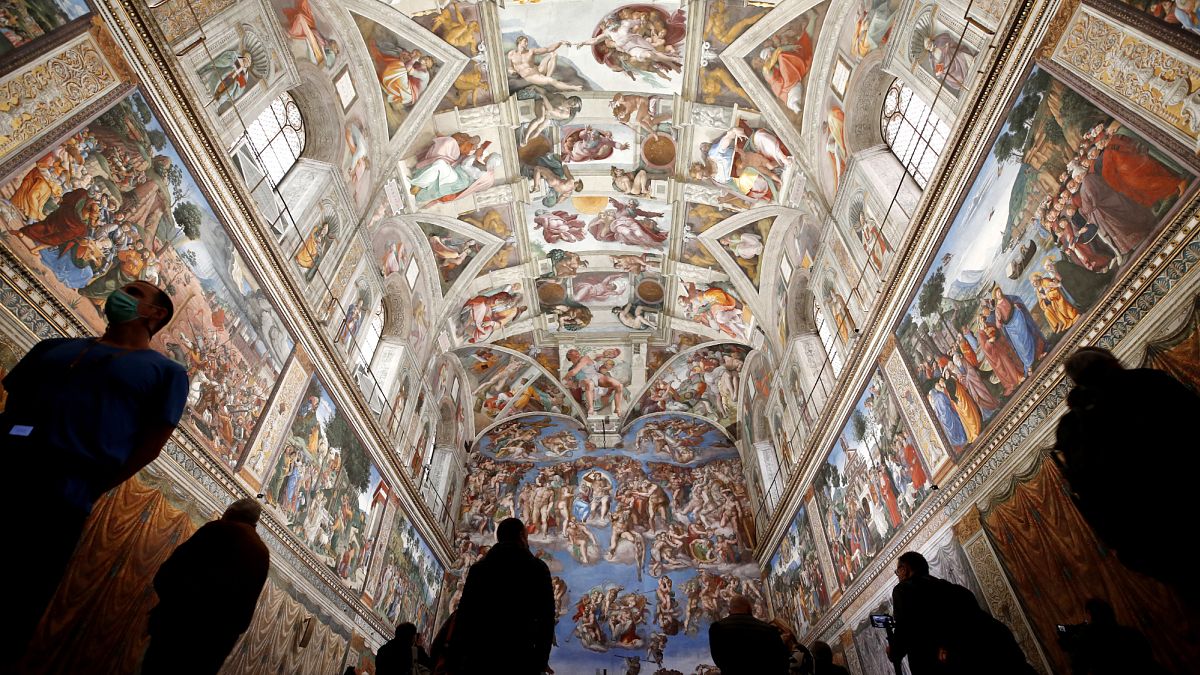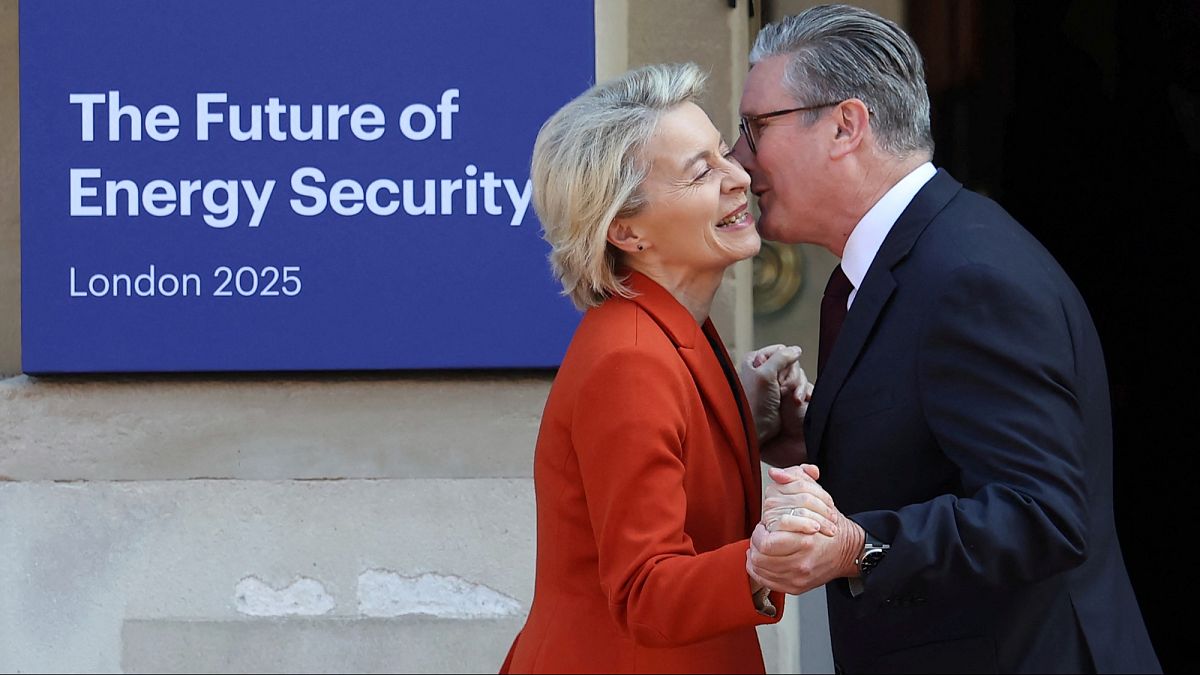U.S. president With Donald Trump hit the first 100 days of his second term with declining job approval ratings across a range of demographic and partisan groups. In fact, his approval rating is the lowest in decades for a president at this point in their tenure.
Trump does not currently draw confidence from a majority of Americans for his handling of any major issue, while his rating on the economy is at its lowest point in surveys dating back to 2019.
Yet, there is one core group of Trump’s base that continues to stand out in their support for him, according to a new survey by the Pew Research Center: evangelical Christians.
72% approve of the way Trump is currently handling his job as president, 69% rate the ethics of top Trumps administration officials as excellent or good, and 57% say they trust what Trump says over his predecessors.
White non-evangelicals Protestants and White Catholics are much more divided, with 51% in each group approving the job Trump is doing.
These numbers are lower than in February, but they show a continuing strong loyalty to Trump despite all political and economic turbulences in the first three months of Trump’s second term.
By contrast, majorities of Black Protestants (85%), Hispanic Catholics (73%) and religiously unaffiliated adults (74%) – people who describe themselves as atheist, agnostic or “nothing in particular” – say they disapprove of how Trump is handling his presidency.
These religious patterns largely reflect partisan differences. White evangelicals overwhelmingly identify as or lean Republican, as do smaller majorities of white non-evangelical Protestants and Catholics.
On the other hand, most black Protestants, Hispanic Catholics and religiously unaffiliated adults are Democrats or Democratic-leaning independents.
In addition to approving of the job Trump is doing, 57% of white evangelical Protestants say they trust what he says more than what previous presidents said while in office. An additional 23% say they trust Trump’s words about the same as those of previous presidents, while 19% say they have less trust in what Trump says.
White nonevangelical Protestants and White Catholics are roughly split on trust in Trump’s words. About four-in-ten in each group say they trust Trump more than previous presidents, while roughly the same share say they trust him less.
Majorities of black Protestants (65%) and religiously unaffiliated adults (64%) say they trust what Trump says less than compared with previous presidents in office.
The number of evangelicals in the U.S. is unclear. According to traditional estimate they account for roughly 85 million, a quarter of the population. But this number might be exaggerated, as new research is sounding the alarm about the potential fading influence of evangelical Christianity in America.
A recent study from Arizona Christian University revealed that only 10% of American adults identify as evangelicals – a figure significantly lower than previous estimates.
Evangelicals are a diverse group drawn from a variety of backgrounds, including nondenominational churches, Pentecostal, Baptist, Reformed, Methodist, Mennonite, Plymouth Brethren and Quaker.
Geographically, they are concentrated in the “Bible Belt”, a region of the southern U.S. stretching from Texas in the west to the Atlantic.
Evangelicals are often defined in opposition to mainstream Protestants. According to sociologist Brian Steensland, “evangelical denominations have typically sought more separation from the broader culture, emphasized missionary activity and individual conversion, and taught strict adherence to particular religious doctrines.”
Mainstream Protestants are described by contrast as having “an accommodating stance toward modernity, a proactive view on issues of social and economic justice, and pluralism in their tolerance of varied individual beliefs”.
Read the full article here




